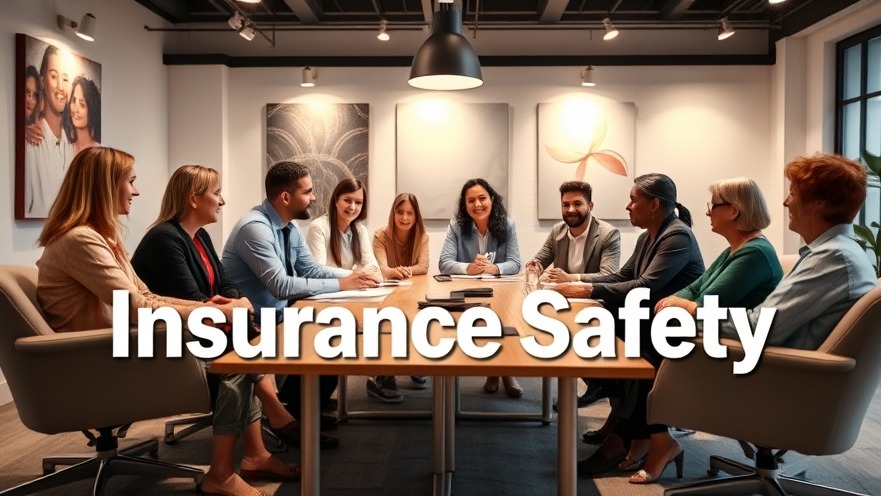
The Importance of D&O Insurance for Nonprofits
Directors and Officers (D&O) Insurance for nonprofits is essential for safeguarding not only the organization but also its leaders from potential legal pitfalls. Nonprofits often operate with limited resources and a passionate dedication to their mission, yet they can unexpectedly face legal challenges.
D&O insurance provides crucial protection for the organization’s board members and executives. If legal action occurs—due to allegations of wrongful acts, mismanagement, or failure to comply with regulations—this insurance can shield both individuals and the nonprofit itself from devastating financial losses.
Why Nonprofits Can't Afford to Ignore D&O Insurance
Understanding the inherent risks associated with running a nonprofit is essential. Many nonprofit leaders may not realize that their personal assets could be at risk if the organization is sued. Nonprofits, like their for-profit counterparts, can be subject to lawsuits from employees, volunteers, or even donors. A lawsuit arising from an alleged breach of fiduciary duty or discrimination can pit personal assets against the legal claims made.
Statistics underscore the urgency of this coverage. According to reports, while settlements can average around $35,000, claims can escalate significantly, often reaching upwards of $100,000. These costs can bankrupt smaller nonprofits and deter experienced leaders from serving on boards if they feel personal liability is too great.
Three Types of Coverage that Elevate Protection for Nonprofit Boards
D&O insurance comprises multiple coverage types that are tailored to protect board members adequately:
A-Side Coverage: Protects leaders' personal assets when the organization cannot provide protection.
B-Side Coverage: Reimburses the organization for costs incurred in defending its directors.
C-Side Coverage: Offers protection to the organization itself for claims made against its directors and officers.
Evaluating these coverage types is critical for organizations as they navigate the landscape of nonprofit governance, where accountability and compliance are directly linked to legal exposure.
Best Practices for Nonprofit Boards: Enhancing Legal Protection
While D&O insurance is a linchpin of legal protection, nonprofits can adopt additional best practices to minimize their risk. One approach is to implement a robust risk management strategy. This includes clearly defined governance policies, regular training for board members on their fiduciary duties, and ensuring compliance with all relevant laws.
Utilizing modern board management solutions can further aid in fostering transparent communication. Tools that provide document access and workflow management simplify the complexities of governance. Nonprofits should prioritize continual education for board members, enabling them to understand their roles and responsibilities deeply.
Future Trends in Nonprofit D&O Insurance
The landscape of D&O insurance is evolving, particularly as nonprofits face heightened scrutiny in corporate governance. With increasing regulatory requirements, the demand for tailored D&O insurance solutions is likely to rise. Nonprofits must stay ahead of these changes, adapting their insurance strategies to match their growth and operational challenges.
Understanding the potential for claims and the importance of effective governance will only amplify the necessity of this insurance in the coming years. As nonprofits expand their outreach and programs, they create more opportunities for risk, making D&O insurance an indispensable asset.
Conclusion: Protecting Your Mission
In the ever-changing world of nonprofit management, the risks associated with leadership can be significant. D&O insurance not only protects the individual leaders but also safeguards the integrity and mission of the organization. By investing in this protection, nonprofits can focus on their purpose—making a positive impact—without the lingering fear of personal litigation.
If your organization has yet to secure D&O insurance, take proactive steps today. Consult with insurance professionals, assess your coverage needs, and protect your invaluable team and mission from unnecessary vulnerabilities.
 Add Row
Add Row  Add
Add 
Write A Comment